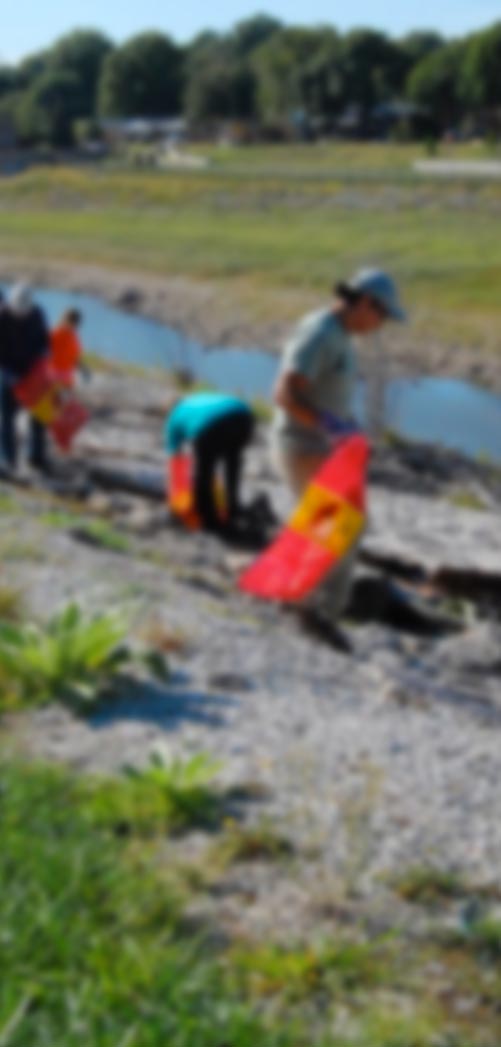When it comes to environmental issues, the typical Waikato region person is most concerned about water pollution and quality. This is according to a report released by the Waikato Regional Council.
The report, entitled Environmental awareness, attitudes and actions and new ecological paradigm combined survey: A survey of residents of the Waikato region focuses on people’s views and knowledge of environmental issues, and their pro-environmental actions. It is based on a telephone survey of 1005 adults from January to March 2013.
When respondents were asked about the most important environmental issue facing the Waikato region, 67 per cent of responses related to water pollution or quality.
The survey also shows the level of concern for water has increased significantly, by 56 per cent, since 2006 when the survey was last run. Then, only 43 per cent of responses related to water pollution or quality. The increase could be partly due to the latest survey occurring during the 2012-13 summer drought.
Waikato Regional Council CEO Vaughan Payne said: “The survey suggests the people of the Waikato are right behind our work to address water quality issues.
“Addressing water quality issues is an organisational priority. We are making major strides to align strategic and operational programmes across the organisation, whether that be setting the right policies, improving discharges through consent conditions, improved compliance monitoring and enforcement, or increased fencing of waterways and riparian planting.
“For example, our current major water quality policy project, Healthy Rivers: Plan for Change/Wai Ora: He Rautaki Whakapaipai, is about working with iwi, the Waikato River Authority and stakeholders to develop policy to help restore and protect the health of the Waikato and Waipa rivers. This project recognises that addressing water quality is a complex issue requiring strong collaboration with all those who have different tools available to develop and implement long term solutions.
“Eighty eight per cent of respondents agreed that we should enforce rules to make sure the environment is well looked after, so the majority support our role in developing environmental policy and regulations and enforcing them.”
The survey is conducted regularly to provide the council with a better understanding of the environment, which includes people and communities. It helps the council develop policies, make decisions, and target education programmes and awareness raising initiatives.
At least 70 people from each district in the region were surveyed, and the results provide a maximum margin of error of +/- 3.09 per cent at the 95 per cent confidence interval.
The full report can be viewed at http://waikatoregion.govt.nz/EAsurvey
